Russia’s Medvedev: No point in nuclear disarmament talks with US until Americans beg for them
Former Russian president Dmitry Medvedev says there is currently “no need to negotiate” with the United States on nuclear arms reduction, stressing that Moscow should wait until the Americans “crawl” back to talks and “beg” for them.
Medvedev, who is currently the deputy head of Russia's Security Council, emphasized on Monday that there was no point negotiating with Washington on the extension of the New Strategic Arms Reduction Treaty (START).
“Now everything is a dead zone. We don’t have any relations with the United States now. They are at zero on the Kelvin scale,” he said on Telegram, referring to discussions about a new strategic nuclear arms reduction treaty.
“There is no need to negotiate with them (on nuclear disarmament) yet. This is bad for Russia,” Medvedev further said, adding, “Let them run or crawl back themselves and ask for it.”
Back in July 1991, the START which later was called the START I, was signed by the then US president George H. W. Bush and Mikhail Gorbachev, the last president of the Soviet Union, barring both countries from deploying more than 6,000 nuclear warheads atop a total of 1,600 intercontinental ballistic missiles (ICBMs) and bombers.
In January 1993, President Bush and Boris Yeltsin, the former Russian president, signed START II, but it collapsed and never entered into effect.
The START I treaty expired in late 2009 and its replacement, called the New START or START III, was signed in April 2010 by former US president Barack Obama and the then Russian president Medvedev, under which both sides agreed to halve the number of strategic nuclear missiles and restrict the number of deployed strategic nuclear warheads to 1,550, the lowest level in decades.
However, it does not limit the number of operationally inactive nuclear warheads that remain in the high thousands in both the US and Russian stockpiles.
The New START agreement was extended in February 2021 until 2026 by US President Joe Biden and his Russian counterpart Vladimir Putin.
Russia and the US are by far the world’s biggest nuclear powers. According to the Federation of American Scientists, both countries control about 90 percent of the world’s nuclear warheads, with around 4,000 warheads each in their military stockpiles.
Since 1981, Moscow and Washington have negotiated a series of major strategic nuclear arms reduction treaties.
After Moscow launched a military operation in Ukraine on February 24, the US-Russia ties plunged to the lowest point since the 1962 Cuban Missile Crisis, prompting waves of unprecedented sanctions from Washington and its European allies against Moscow.
Medvedev also suggested on Monday that Moscow should get tougher with the US.
“There is another proven method of communicating with America on this topic – with a shoe on the UN rostrum. It used to work,” he added, referring to Soviet leader Nikita Khrushchev's shoe-banging at the United Nations General Assembly.
In 1960, Khrushchev, who was infuriated by criticism of the Soviet Union “swallowing up” parts of Eastern Europe, he waved a shoe at the General Assembly and, according to the New York Times contemporaneous report, banged it on his desk.
Moscow slams Lithuania transit ban to Kaliningrad, vows response
Separately on Monday, the Kremlin denounced as “unprecedented” Lithuania’s move to ban the transit of some goods to Russia’s Kaliningrad region, vowing that Moscow would respond by taking undisclosed measures to defend its national interests.
Issuing a statement, Russia's Foreign Ministry demanded Vilnius reverse what it called as an "openly hostile" move immediately.
"If cargo transit between the Kaliningrad region and the rest of the Russian Federation via Lithuania is not fully restored in the near future, then Russia reserves the right to take actions to protect its national interests," the ministry said..
“This decision is really unprecedented. It's a violation of everything,” Kremlin spokesperson Dmitry Peskov also said at a press conference, adding, “We consider this illegal. The situation is more than serious ... we need a serious in-depth analysis in order to work out our response.”
The banned goods are those that have been sanctioned by the European Union and thus, cannot be transited across Lithuanian territory, which includes the only rail route between mainland Russia and the Kaliningrad exclave on the Baltic Sea.
Banned goods include coal, metals, construction materials and advanced technology.
Kaliningrad is geographically sandwiched between Poland and Lithuania, which are both EU and NATO members. The region receives supplies from Russia via rail and gas pipelines through Lithuania.
According to Kaliningrad’s governor, it is estimated that the ban could affect up to half of all goods that are brought to the region by rail.
Palestinian Ambassador’s residence in Tehran attacked amid terror wave
Syria's HTS regime agrees to truce with SDF after its troops advance
EU mulls over $100bn in US retaliatory tariffs over Greenland
VIDEO | Trump's presence sparks major protests at Davos Forum
President Pezeshkian vows historical Iran-Iraq relations will remain stable
Iran’s iron and steel exports up 27% y/y in Apr-Dec
Sudan is scene of 'horror and hell': UN rights chief
Scottish leader vows another independence vote if his party wins in May


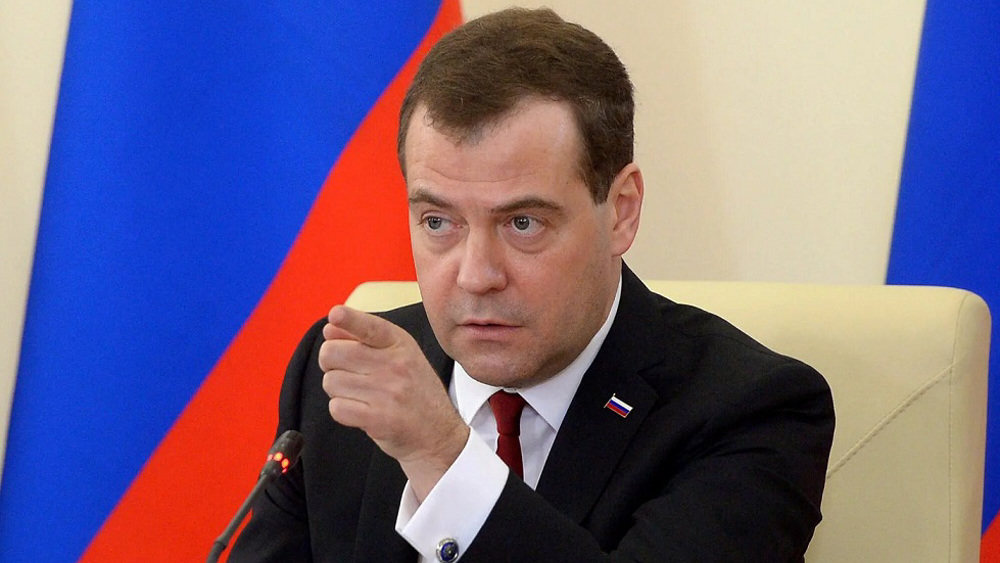
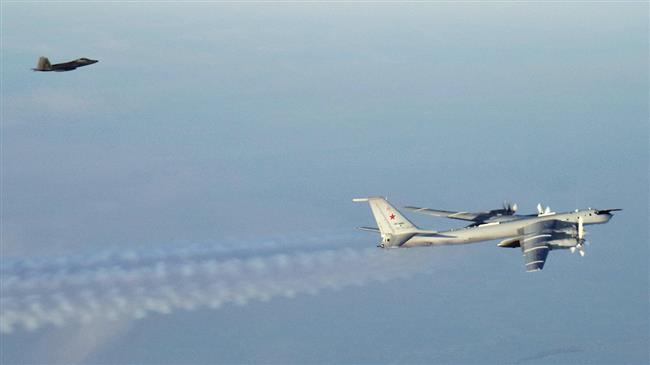
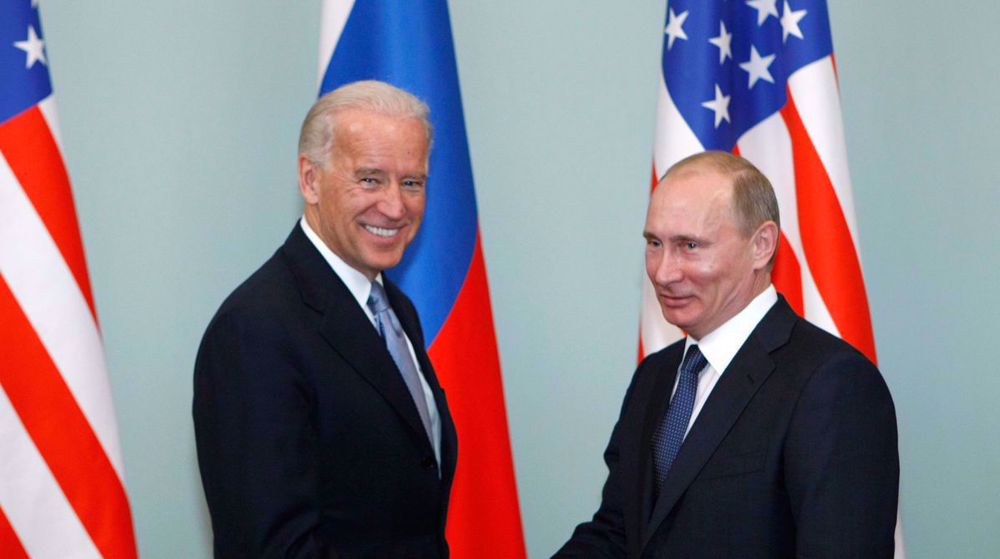
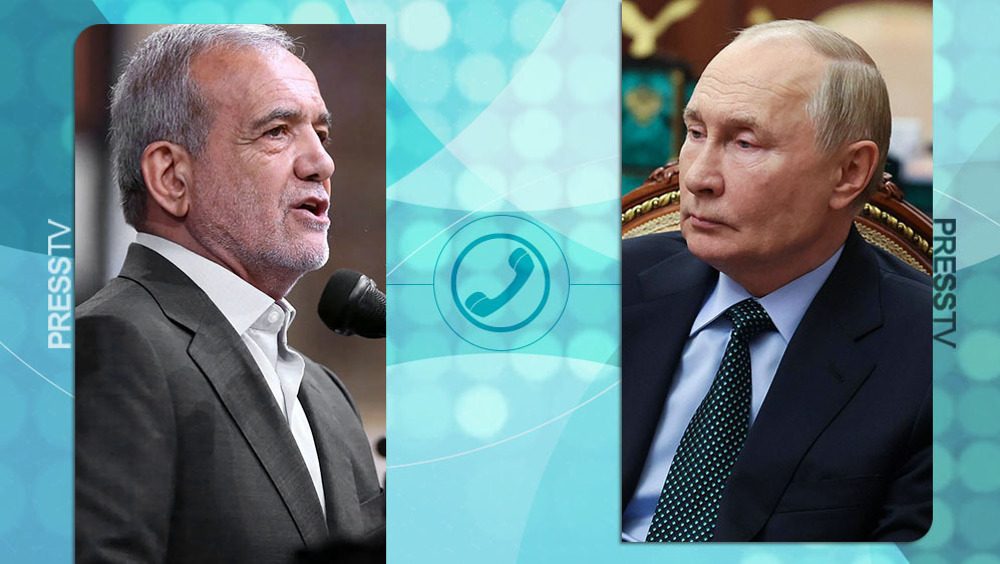
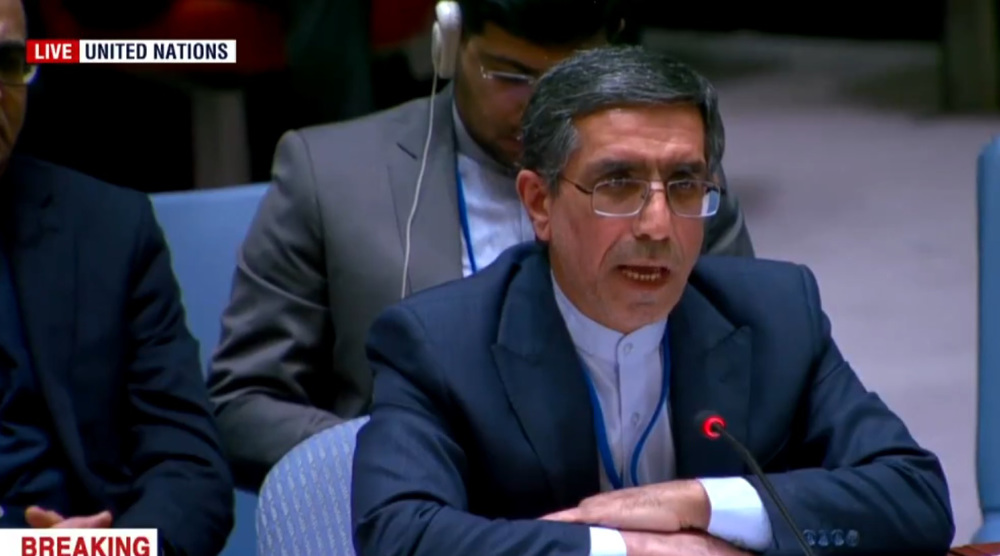
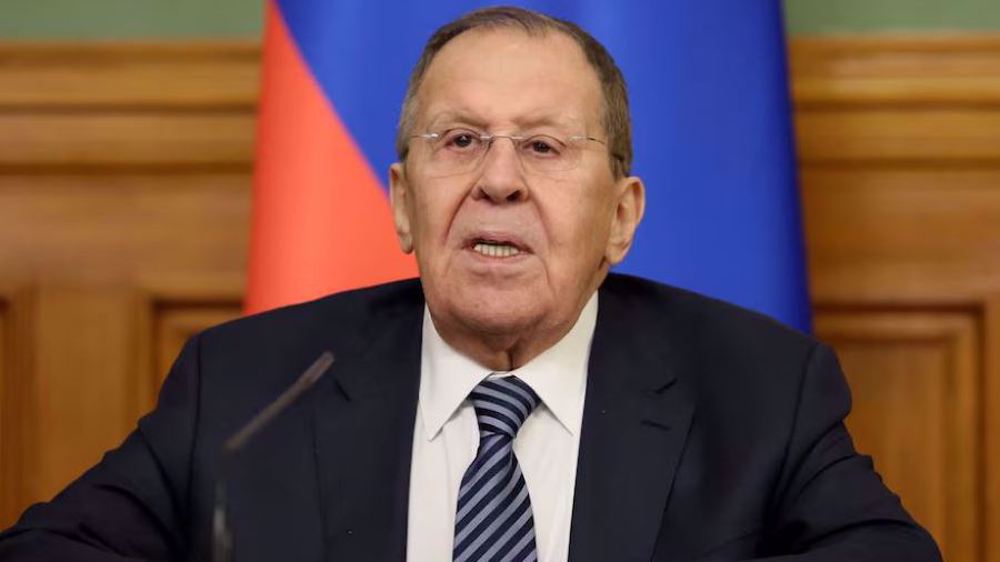




 This makes it easy to access the Press TV website
This makes it easy to access the Press TV website